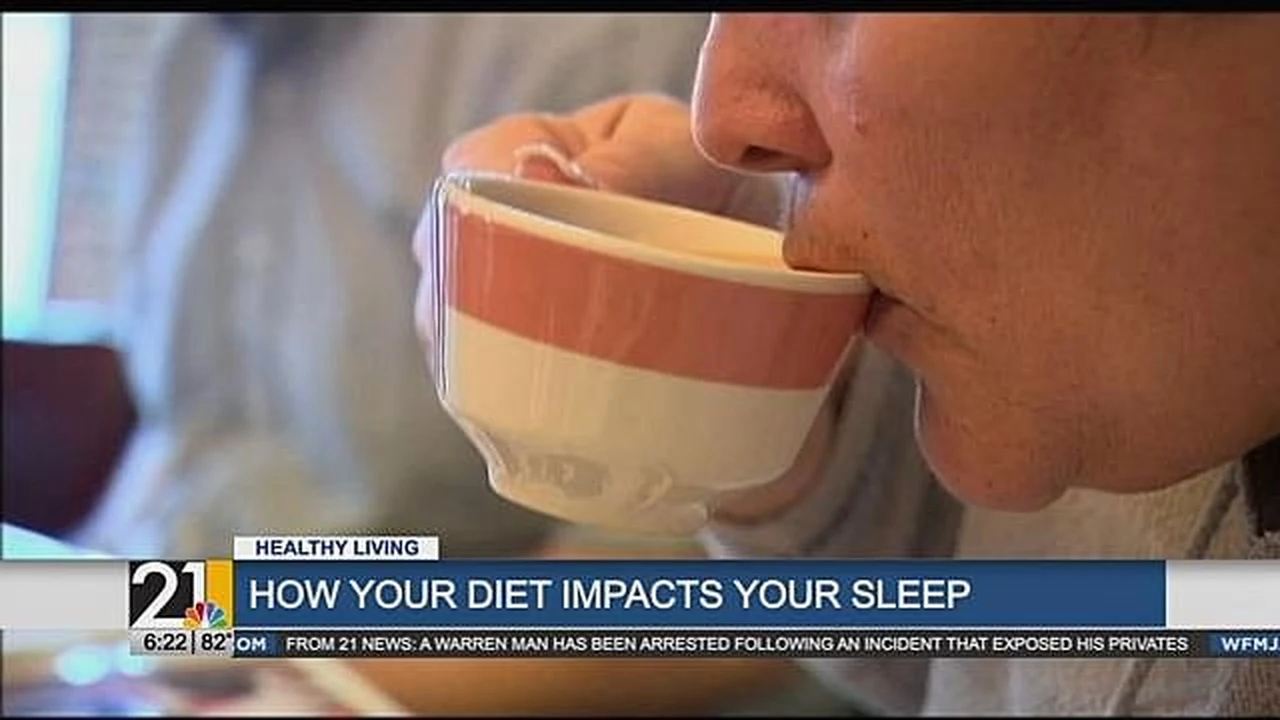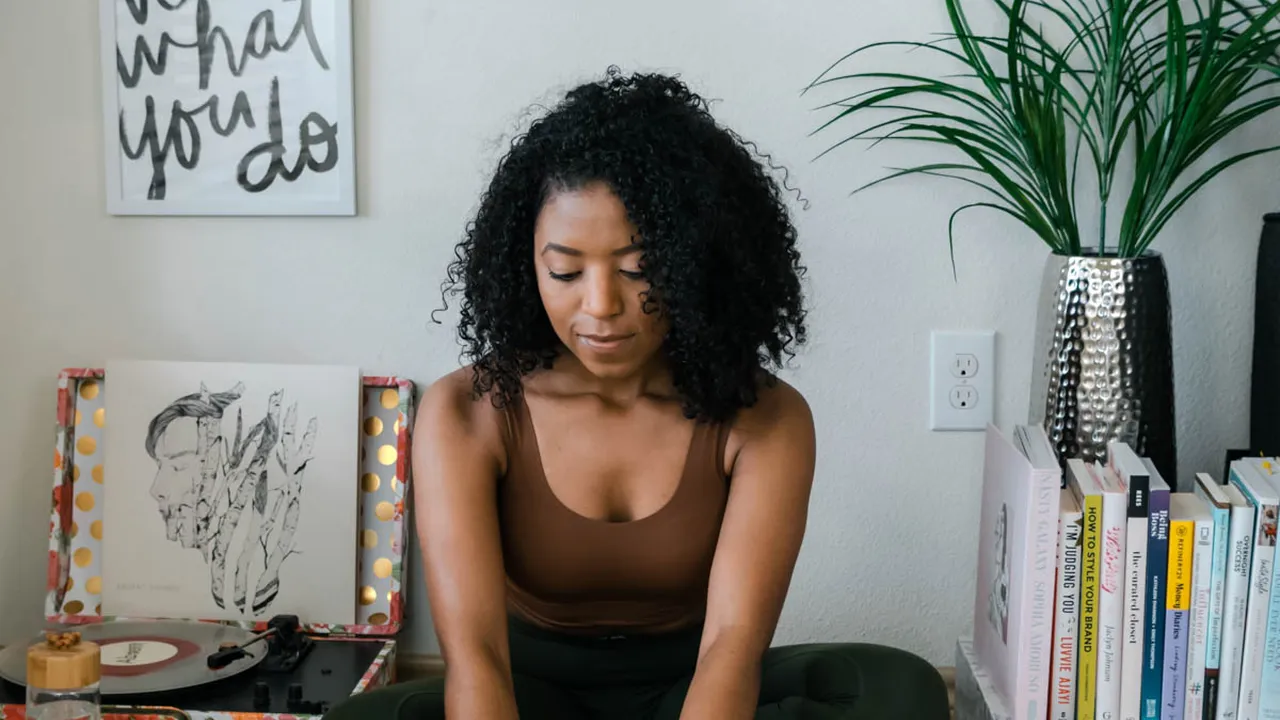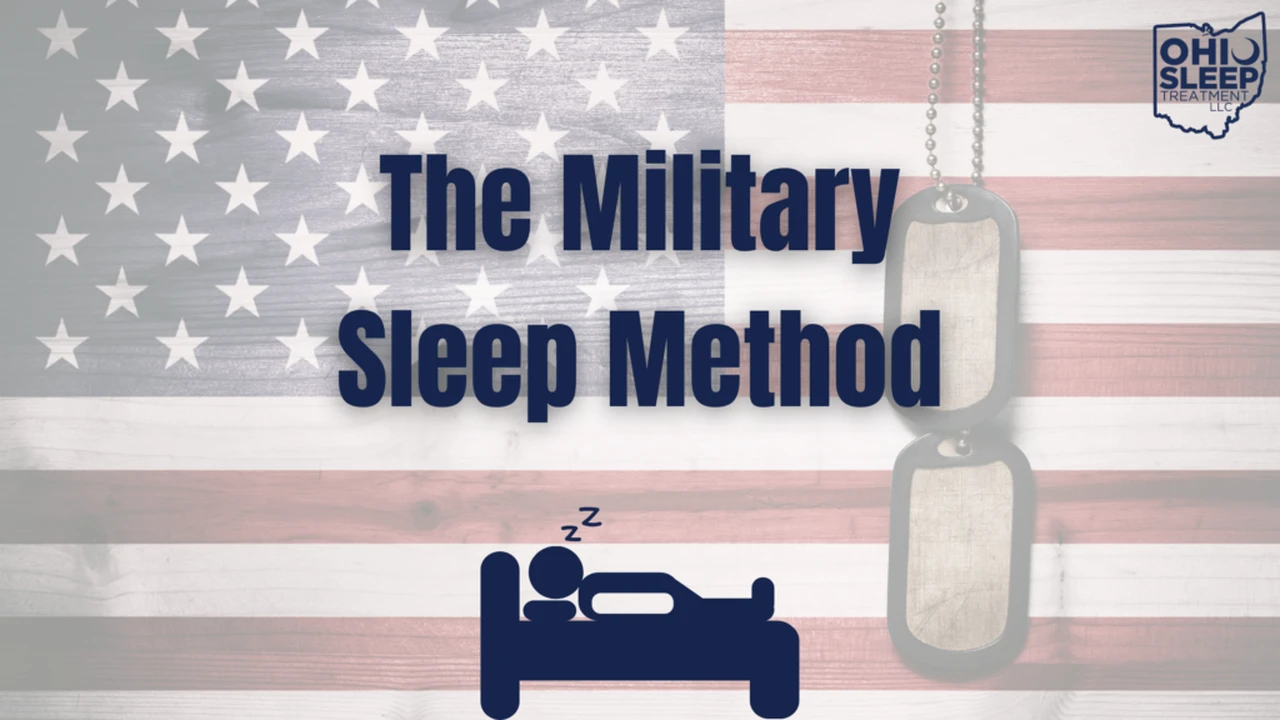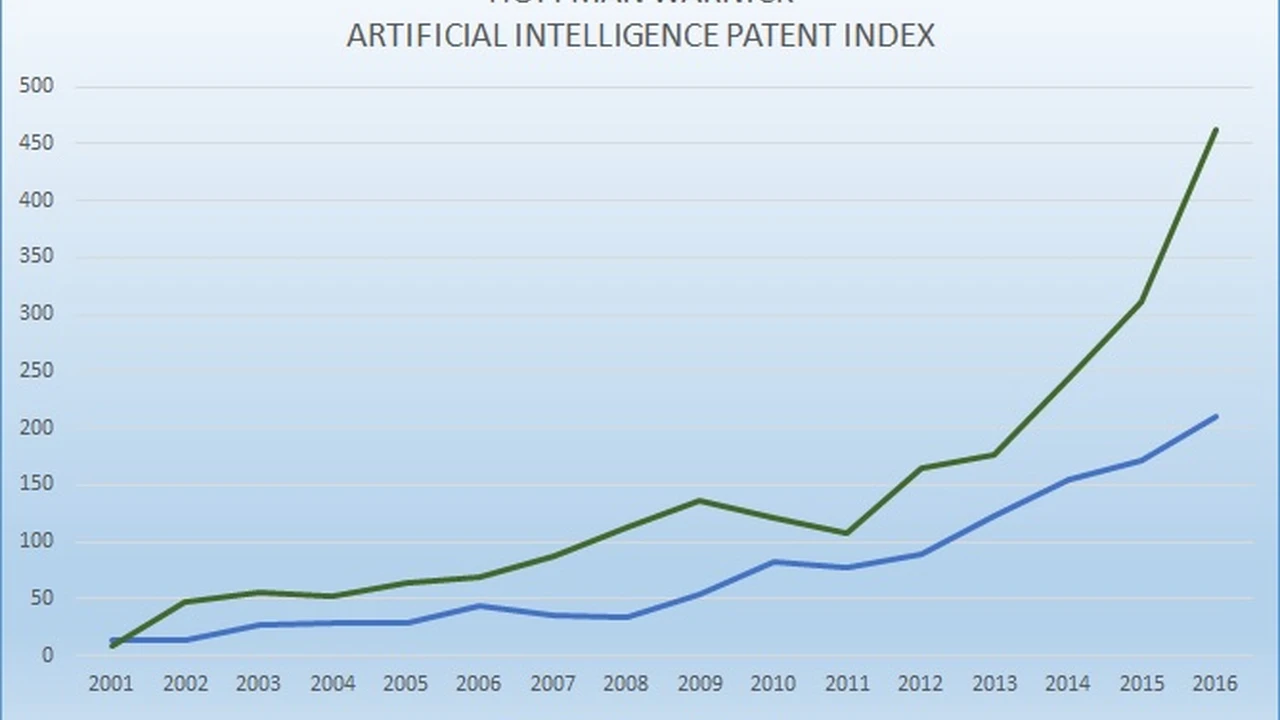Exercise and Sleep: Finding the Right Balance
Sample meta description.
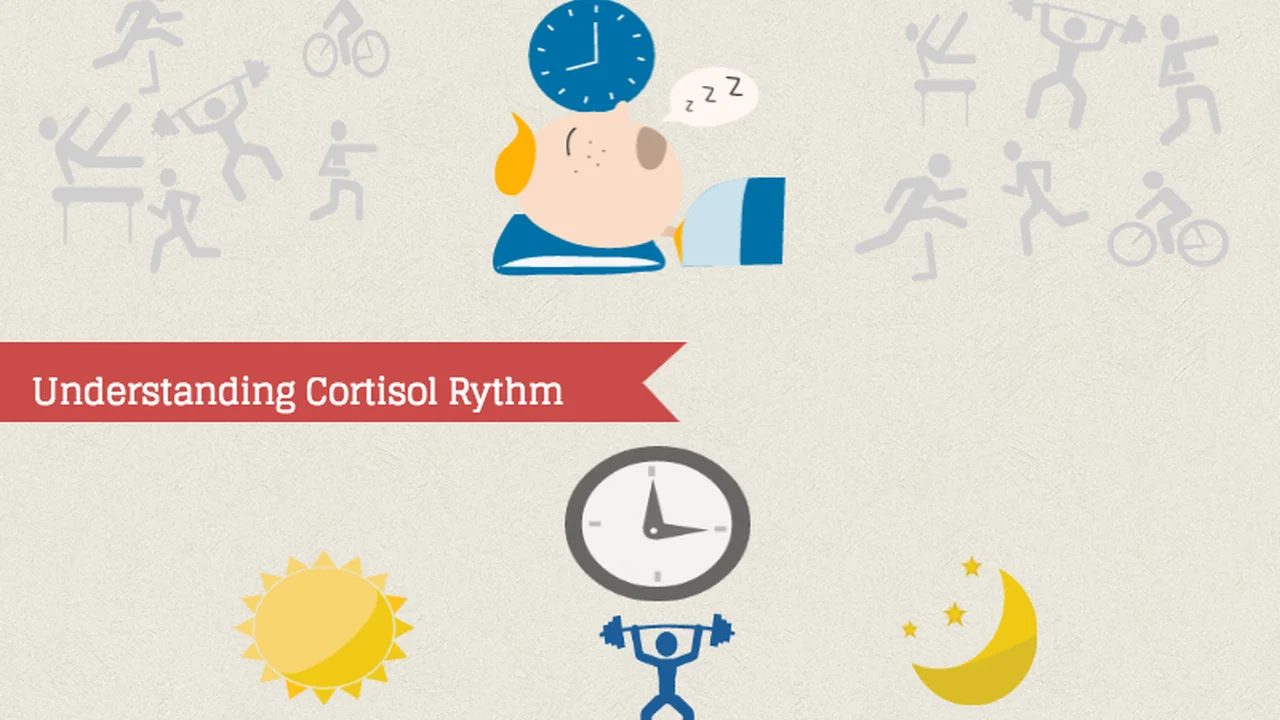
Understanding the Interplay Exercise Sleep and Your Health
Hey there, sleep seekers and fitness fanatics! Ever wondered why you feel like a zombie after a killer workout some nights? Or maybe you're tossing and turning even though you crushed that personal best at the gym? It's all about the fascinating relationship between exercise and sleep. Let's dive in!
Exercise, as you probably know, is fantastic for your overall health. It boosts your mood, strengthens your muscles, and helps you manage your weight. But did you know it also has a profound impact on your sleep? Regular physical activity can improve sleep quality, making it easier to fall asleep and stay asleep. However, the timing and intensity of your workouts can make or break your slumber.
The Science Behind Exercise and Sleep Quality
Okay, let's get a little science-y for a moment. When you exercise, your body releases endorphins, those feel-good chemicals that act as natural mood boosters. Exercise also elevates your body temperature. Both of these things can be stimulating, which is great during the day, but not so much when you're trying to wind down for bed. The key is to give your body enough time to cool down and for those endorphins to subside before hitting the hay.
Furthermore, exercise helps regulate your circadian rhythm, your body's natural sleep-wake cycle. Consistent physical activity can help synchronize your internal clock with the rising and setting of the sun, making it easier to fall asleep and wake up at consistent times.
Timing is Everything Optimizing Exercise Timing for Better Sleep
So, when is the best time to exercise for optimal sleep? Generally, morning or early afternoon workouts are ideal. This allows your body temperature and endorphin levels to return to normal before bedtime. Avoid intense workouts within 2-3 hours of going to sleep. A gentle walk or some light stretching closer to bedtime might be okay, but save the HIIT sessions for earlier in the day.
Think of it this way: your body needs time to transition from "go" mode to "relax" mode. A gradual cool-down period is crucial for signaling to your brain that it's time to wind down.
Finding Your Exercise Intensity Sweet Spot for Improved Sleep
The intensity of your workouts also matters. While vigorous exercise can have significant benefits for sleep, it can also be disruptive if done too close to bedtime. Moderate-intensity exercise, on the other hand, may be more conducive to a good night's sleep. Experiment with different levels of intensity to see what works best for you.
Consider activities like brisk walking, swimming, cycling, or dancing. These are all great options that can improve your sleep without overstimulating your system. Listen to your body and pay attention to how different types of exercise affect your sleep.
Creating a Pre-Sleep Routine Exercise Relaxation and Sleep Hygiene
In addition to timing and intensity, your pre-sleep routine plays a critical role in your sleep quality. Incorporating relaxation techniques into your routine can help you unwind and prepare for sleep. Consider activities like:
- Meditation: Even a few minutes of meditation can calm your mind and reduce stress.
- Deep breathing exercises: These can help lower your heart rate and promote relaxation.
- Yoga or gentle stretching: These can ease muscle tension and promote flexibility.
- Reading: A relaxing book (not on a screen!) can help you wind down.
- Warm bath or shower: This can help lower your body temperature and promote sleepiness.
Remember, consistency is key. Creating a regular pre-sleep routine will signal to your body that it's time to sleep, making it easier to fall asleep and stay asleep.
The Role of Sleep Hygiene Maximizing Sleep Quality Through Lifestyle
Sleep hygiene refers to a set of practices that promote good sleep. Here are some key sleep hygiene tips:
- Maintain a consistent sleep schedule: Go to bed and wake up at the same time every day, even on weekends.
- Create a dark, quiet, and cool sleep environment: Use blackout curtains, earplugs, or a white noise machine to minimize distractions.
- Avoid caffeine and alcohol before bed: These substances can interfere with your sleep.
- Limit screen time before bed: The blue light emitted from screens can suppress melatonin production, making it harder to fall asleep.
- Get regular sunlight exposure: This helps regulate your circadian rhythm.
By incorporating these sleep hygiene practices into your daily routine, you can significantly improve your sleep quality.
Product Recommendations for Better Sleep Enhancing Sleep with the Right Gear
Alright, let's talk about some products that can help you optimize your sleep environment and recover from your workouts. These are just a few suggestions, and the best products for you will depend on your individual needs and preferences.
Weighted Blankets for Anxiety Relief and Deeper Sleep
Product: Gravity Blanket
Use Case: If you struggle with anxiety or restless legs, a weighted blanket can provide a sense of comfort and security, promoting deeper sleep. The gentle pressure mimics the feeling of being hugged, which can help calm your nervous system.
Comparison: There are many weighted blankets on the market, ranging in weight and material. The Gravity Blanket is a popular option known for its high-quality construction and even weight distribution. Cheaper alternatives may not have the same level of quality or durability.
Price: $200 - $300
White Noise Machines for Blocking Out Distractions and Improving Focus
Product: LectroFan White Noise Machine
Use Case: If you live in a noisy environment or have trouble falling asleep due to external sounds, a white noise machine can help mask those distractions and create a more peaceful sleep environment. It can also be helpful for improving focus during the day.
Comparison: Many white noise machines offer a variety of sounds, including white noise, pink noise, brown noise, and nature sounds. The LectroFan is known for its wide range of sound options and its ability to block out a wide range of frequencies. Some machines also have timers and volume controls.
Price: $50 - $100
Sleep Trackers for Understanding Your Sleep Patterns and Identifying Areas for Improvement
Product: Fitbit Charge 5
Use Case: If you're curious about your sleep patterns and want to track your sleep stages (light, deep, REM), a sleep tracker can provide valuable insights. It can also help you identify potential sleep problems, such as sleep apnea or insomnia.
Comparison: There are many sleep trackers available, ranging from wrist-worn devices like the Fitbit and Apple Watch to bedside monitors like the Google Nest Hub. Each tracker offers different features and levels of accuracy. Some trackers also provide personalized sleep coaching and recommendations.
Price: $150 - $250
Mattress Toppers for Enhancing Comfort and Support for Improved Sleep Post Exercise
Product: Tempur-Pedic TEMPUR-Adapt + Cooling Mattress Topper
Use Case: A good mattress topper can significantly improve the comfort and support of your existing mattress, especially important for muscle recovery after exercise. If your mattress is too firm or too soft, a topper can help you find the perfect balance. This Tempur-Pedic topper also offers cooling technology, which is ideal for those who tend to sleep hot.
Comparison: Mattress toppers come in various materials, including memory foam, latex, and down. Memory foam toppers contour to your body and provide pressure relief, while latex toppers are more responsive and breathable. Down toppers are soft and luxurious but may not provide as much support. Consider the firmness of your mattress and your preferred sleep position when choosing a topper.
Price: $200 - $500
Supplements for Sleep: Magnesium and Melatonin
Product: Magnesium Glycinate Supplements & Melatonin Gummies
Use Case: Magnesium glycinate can help relax muscles and calm the nervous system, promoting relaxation and sleep. Melatonin gummies can assist in regulating your sleep-wake cycle, especially helpful for jet lag or shift work. Always consult your doctor before starting any new supplement regimen.
Comparison: There are various forms of magnesium supplements, with glycinate being well-absorbed and less likely to cause digestive issues. Melatonin gummies vary in dosage; start with a low dose and increase as needed under professional guidance.
Price: Magnesium Glycinate ($20 - $30), Melatonin Gummies ($10 - $20)
Troubleshooting Common Sleep Problems Exercise Related Insomnia and Solutions
Even with the best intentions, sometimes sleep can be elusive. Here are some common sleep problems and how exercise might be contributing:
- Insomnia: If you're having trouble falling asleep or staying asleep, try adjusting your exercise schedule and intensity. Avoid intense workouts close to bedtime and incorporate relaxation techniques into your pre-sleep routine.
- Restless legs syndrome: Exercise can sometimes exacerbate restless legs syndrome. If you experience this, try gentle stretching or massage before bed. Magnesium supplements may also help.
- Sleep apnea: While exercise can improve sleep apnea symptoms, it's important to consult with a doctor if you suspect you have this condition. They may recommend a sleep study and other treatments.
- Night sweats: Intense exercise can sometimes lead to night sweats. Try showering before bed and wearing breathable sleepwear.
Long Term Strategies: Sustainable Exercise Habits for Consistent Sleep Improvement
The key to long-term sleep improvement is to establish sustainable exercise habits that support your body's natural sleep-wake cycle. This means finding an exercise routine that you enjoy and can stick to consistently. It also means paying attention to your body's signals and adjusting your workouts as needed. Remember, it's a journey, not a destination. Experiment, listen to your body, and find what works best for you. Sweet dreams!
:max_bytes(150000):strip_icc()/277019-baked-pork-chops-with-cream-of-mushroom-soup-DDMFS-beauty-4x3-BG-7505-5762b731cf30447d9cbbbbbf387beafa.jpg)



